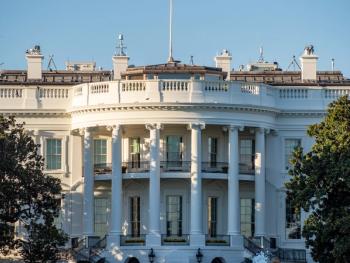
Healthcare trade groups say the White House’s plan would make it harder for hospitals to recruit doctors and nurses, with staffing shortages projected to worsen.

Healthcare trade groups say the White House’s plan would make it harder for hospitals to recruit doctors and nurses, with staffing shortages projected to worsen.

The shutdown began Wednesday, affecting telehealth and hospital-at-home programs. Providers have implored lawmakers to extend tax credits for the Affordable Care Act and address other key programs for hospitals.

The government’s spending legislation expired, along with extensions for waivers for telehealth programs. The congressional stalemate affects hundreds of hospitals offering acute care at home.

The University of Minnesota had hoped to create a merged system with Essentia Health and Fairview Health Services. Essentia has pulled out of the merger talks.
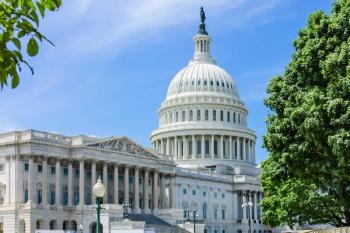
The credits are slated to expire this year, and millions of Americans could lose coverage without them. The tax credits help many pay for coverage, and Americans are looking at higher premiums.

Congress has yet to agree on a spending plan, and one of the big healthcare priorities centers on telehealth, including hospital-at-home programs.

The American College of Obstetricians and Gynecologists said the pain reliever is safe for pregnant women. Other groups protested misleading statements about vaccines and autism in the White House.

Bobby Mukkamala, president of the American Medical Association, and Jennifer Mensik Kennedy, president of the American Nurses Association, criticize the confusing federal guidance and warn of the consequences.

The National Institute of Health is facing steep cuts next year, and has yet to spend billions this year. The AAMC is pushing Congress to help the largest federal source of aid for medical research.
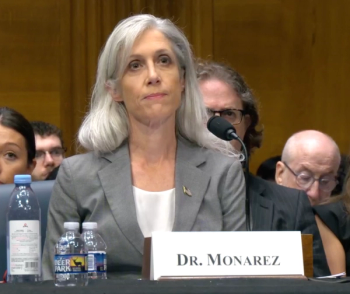
Susan Monarez tells Congress she refused to sign off on orders from Robert F. Kennedy Jr. to back changes in vaccine guidance or fire top scientists without cause.

Amid changing federal guidance and vaccine skepticism, healthcare leaders, including those with the AMA and the American Nurses Association, worry about a spike in the coming months.

The Health Department has announced the application period for the program is now open, and states won’t have much time to apply.

The federal government runs out of money Sept. 30. Health systems are pressing for extensions for telehealth and other key programs.

The Federal Trade Commission sent letters to providers and staffing agencies to be sure they are complying with regulations, and says enforcement is a top priority.

The program’s spending has grown more than six-fold since 2010, according to a new report. Hospitals are balking at drug companies who want to offer rebates rather than discounts.

Jennifer Mensik Kennedy warns the exodus of top CDC leaders makes Americans less safe. She talks about tracking new threats, the need for stability at the CDC, and hopes for a conversation with the health secretary.

Democratic lawmakers want him to step down after the ouster of the CDC director. More than 20 medical societies say he needs to go.
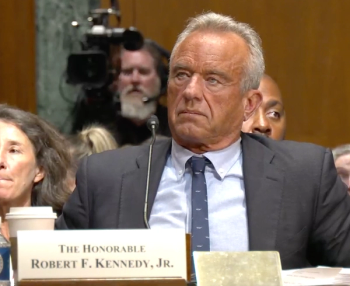
He faced scathing criticism in a Senate committee hearing. Kennedy said he ousted CDC director Susan Monarez because she wasn’t trustworthy. She said she woudn't approve unscientific directives.

Congress approved funds for the National Institutes of Health a year ago, and the money must be used by the end of September. Hospitals and medical schools are waiting.

The American Nurses Association’s president says there are ‘serious questions’ after the removal of the CDC director and resignation of top officials.
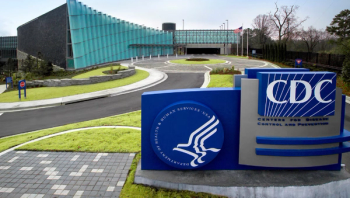
Medical groups protested the removal of Susan Monarez, and warn the agency’s credibility is being threatened. Lawmakers say they want answers.

The FDA signed off on updated shots, but they imposed new guidelines that could limit access, critics say. Healthcare groups want the shots to be more widely available.
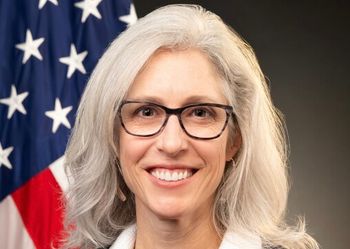
The Department of Health & Human Services says Susan Monarez is no longer leading the CDC. Her attorneys say she wouldn’t sign off on ‘unscientific’ directives and sought to protect the public.

A bipartisan bill is aimed at giving consumers more insight into how much hospital services would cost.

Sachin Jain and Margaret O’Kane talk about the pressing challenges and the need to focus on the bigger problems with cost, access and keeping Americans healthy.